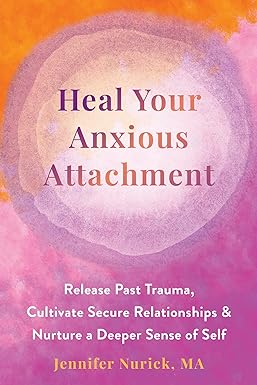When you enter a relationship, two family traditions and cultures collide. Certain events and times of the year, like Christmas, the New Year, or a wedding, will often bring these differences to the forefront and sometimes create conflict, resentment, and discomfort. Whose house will we be at for Christmas, and whose for Boxing Day? How will we deal with your mother’s criticism and underhand remarks?
Be A United Front
My number one tip for handling the in-laws is to have a united front, even if you are divided behind the scenes. As a couple, you are the most important unit. If you do not want to be at your in-laws for Christmas, rather than your partner telling them it’s because of you, present it as a united decision, explaining why and letting them know when you can spend time with them.
Plan Ahead
If there is tension with your in-laws, I suggest that you plan ahead of time how you will handle particular situations with your partner. Having an action plan in place will often help you to feel safer and more supported by your partner.
Boundaries
You may choose not to discuss highly charged topics over the holiday period and have a few statements up your sleeve to keep this boundary.
For example:
“Because that’s a charged topic, we have decided not to discuss it today. We are happy to chat about it after the holidays if you’d like.”
“I’m not comfortable having that discussion right now.”
The Escape Plan
Especially with high-conflict families, it can be helpful to have a pre-planned exit strategy. This is something you pre-plan together with your partner.
Use the Opportunity to Get to Know Your In-Laws Differently
You might ask them questions about their childhood, their life, or your partner as a child. Sometimes, understanding more about where they have come from and the experiences that have moulded them allows some insight into why they are the way they are.
Let go of expectations
Your in-laws will be different from your parents. They might not show love like your family. Be curious about how they show love and if you can receive it in its given form.
Find Points of Connection
When there is conflict, we can often over-focus on the points of difference. Challenge yourself to find some connection points, even if it is just their love for your partner and your children. You may have a shared enjoyment of dogs, swimming, or baking. If you find something, be curious about how you might grow that connection.

Jennifer Nurick, MA is a Clinical Psychotherapist, Counselor, and Energetic Healer with over two decades of expertise in the field of healing. She is author of Heal Your Anxious Attachment.

